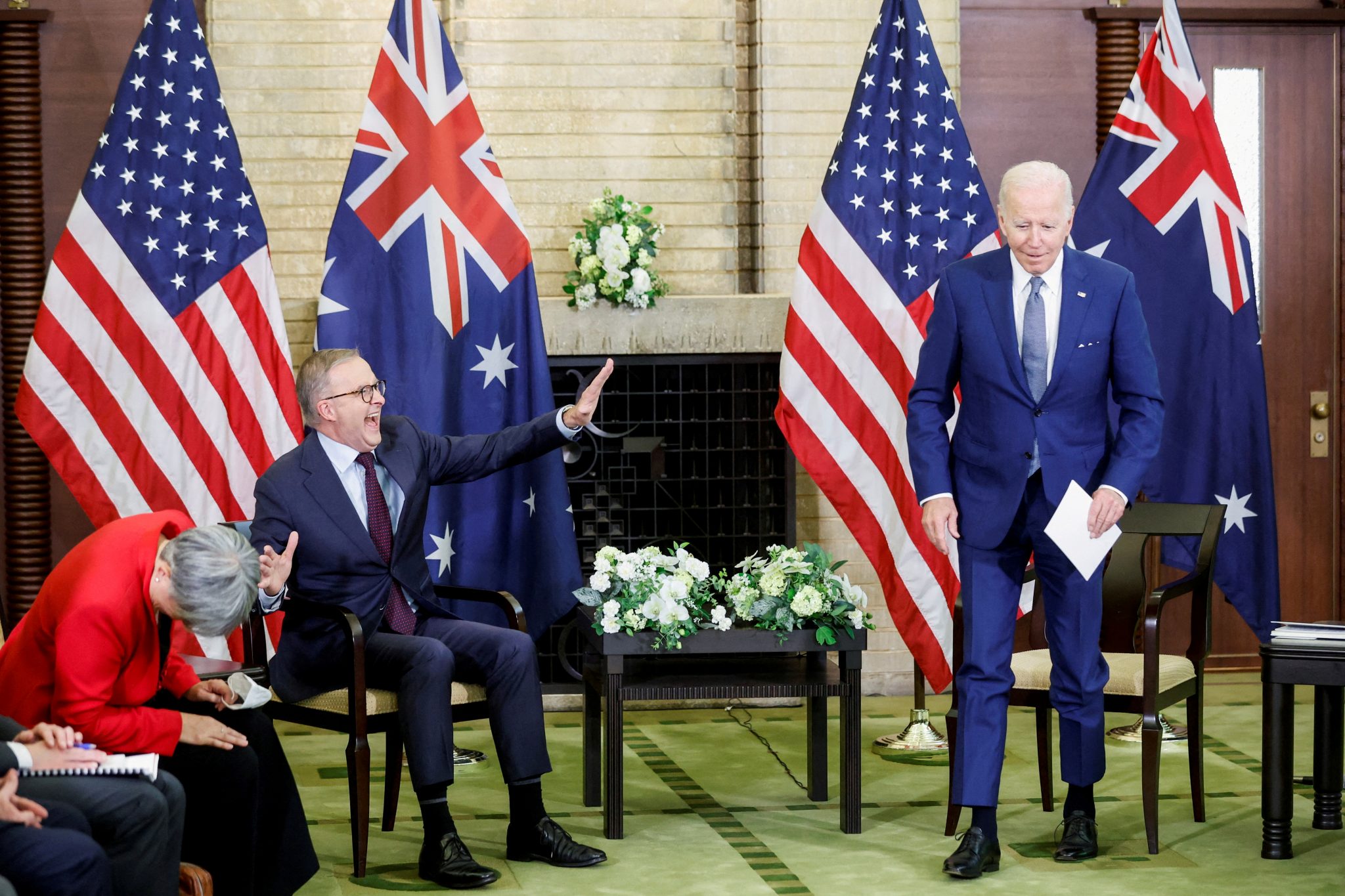In future tensions or confrontations between the U.S. and China, economic factors will play a crucial role. However, Beijing may doubt the effectiveness of U.S. sanctions, as Washington’s responses to Chinese provocations—like undermining democracy in Hong Kong, sending a spy balloon over the U.S., and aggressive moves in the South China Sea—have been relatively subdued. While the U.S. has a wide range of powerful sanctions, such as cutting off major Chinese companies from the global financial system or leveraging the U.S. dollar’s central role, the response has mostly been limited to sanctions on select Chinese firms or officials.
This approach is understandable, as more aggressive measures could escalate tensions and might be viewed as economic warfare. However, there’s a risk that this restraint might encourage China to believe it can avoid serious repercussions even if conflicts arise over Taiwan or the South China Sea. This concern is heightened by China’s support for Russia’s defense industry, which the U.S. has been pressuring Beijing to reconsider.
The U.S. faces a strategic decision: should it increase sanctions on China now, to deter further support for Russia and other aggressive actions, or keep its most severe measures in reserve to respond to a major confrontation? The U.S. and its allies need to develop a coherent sanctions strategy, one that retains leverage over China while also building credibility by signaling clear consequences for crossing certain lines.
A key aspect of this strategy would be integrating economic statecraft with military planning and working closely with international partners. This would involve embedding military planning into economic agencies, diversifying critical supply chains away from China, and communicating a strong message about the willingness to impose severe sanctions when necessary. The U.S. must also bolster its own economic resilience and that of its allies to withstand the shocks from a potential conflict with Beijing.
Despite long-standing efforts to limit China’s military capabilities through export controls on arms and dual-use technologies, the country’s military modernization has continued. The U.S. has also restricted China’s access to advanced technology, such as AI and supercomputing, to slow down its military development. Yet these measures don’t have an immediate deterrent effect, as they aim to constrain China’s long-term capabilities.
The U.S. has focused on denying China access to key technologies, like those needed for advanced chip production. But this strategy has limitations, as it doesn’t eliminate China’s potential to retaliate with economic measures in other areas of the supply chain. Moreover, it’s challenging to restrict China’s access to key resources like oil, which can be sourced from various suppliers, including those outside the U.S. influence.
The U.S. holds a significant advantage in the financial sector, thanks to the dollar’s dominant role in global transactions. This gives the U.S. a powerful tool to use against China, as 56% of China’s foreign exchange reserves are in U.S. dollar assets. Severe sanctions targeting Chinese banks would be highly disruptive to China’s economy but could also cause global financial instability. Additionally, such sanctions could lead to resistance from other major economies and emerging markets, given China’s deep integration into global supply chains.
Thus, while the U.S. has substantial leverage, using it effectively without causing widespread economic turmoil remains a complex challenge. An effective sanctions strategy would require careful planning and strong international cooperation to ensure that any actions taken have the desired impact while minimizing unintended consequences.
















































